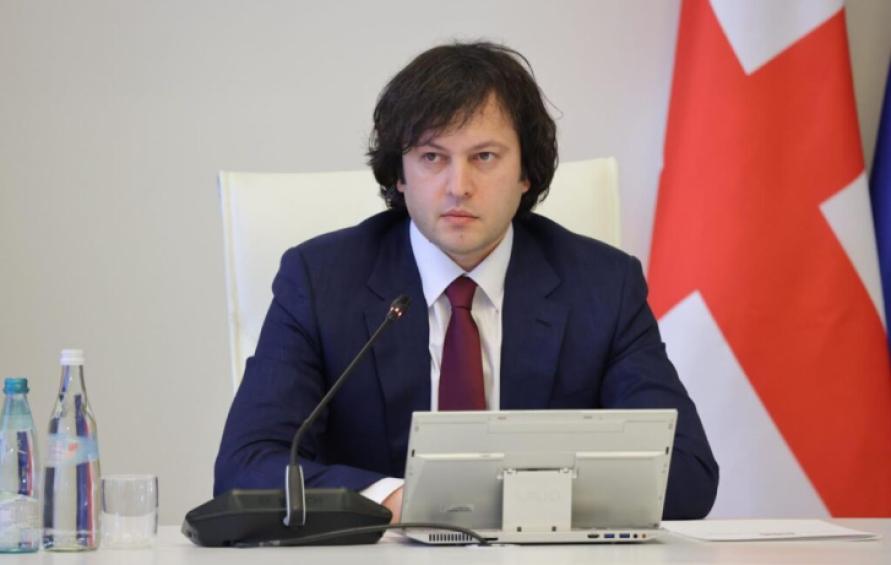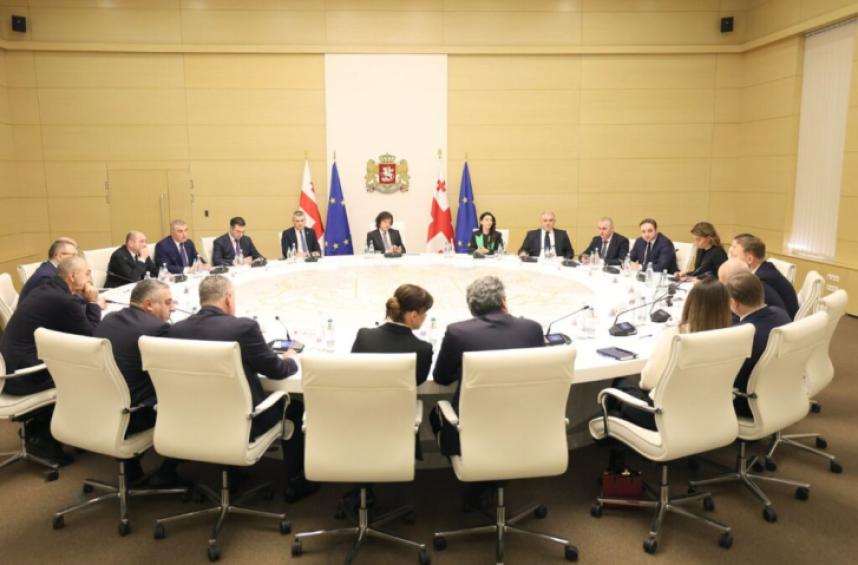
According to the publication, the recovery of revenues received from international tourist visits exceeds the recovery of international visits. Through October 2021, compared to the level of 2019, revenues were risen up by 35%, and visits - by 21%. The recovery rate of international visits from Russia, Turkey, Armenia and Azerbaijan is the lowest, and from Ukraine, Israel and Saudi Arabia - is the highest.
The pandemic has affected the behavior of tourists: there has been a tendency to travel longer. This is one of the explanations for the increase in the revenues compared to the visits.
Other trends in the tourism sector have also emerged: tourists travel in small groups and avoid crowded places; the use of digital technologies in the sector is increasing; the importance of medical and health tourism is growing.
Domestic tourism plays an important role in reviving the hospitality industry. In the second quarter of 2021, domestic tourism rate grew by 27%. As for the regions, Adjara and Kakheti are leading in hotels in terms of residents spending.
According to the future forecasts presented in the report, compared to 2019, the revenues received from international visits in 2022 will be restored by 80%, the load - by 80%, and the average daily price - by 90%. Domestic tourism will also play an important role in 2022.
The issue of employment in the tourism sector is discussed in the publication as one of the main challenges of the sector. As a result of the impact of the pandemic, by 2020, the number of employees in the tourism sector decreased by 28%, and in the accommodation sector - by 41%. Massive job losses and unpredictable environments have created mistrust in the sector. The labor force liberated from the industry has shifted to other industries. According to the study carried out by TBC Capital, 88% of hotels have to increase their payroll range to attract staff. However, human resources still remain a major challenge.
According to the publication, the main reasons for the shortage of employees are shortcomings in the education system, instability in the tourism sector and low pay. One of the main reasons for poor cooperation with education providers is educational programs that do not match the needs of the business sector.
TBC Capital also shared its recommendations on these issues, according to which, the cooperation between the representatives of the tourism industry and the education sector has to be strengthened. In addition, the image of vocational schools should be improved, in which the development of professional orientation at school age will play a positive role.
You can read the updated study on the tourism sector conducted by TBC Capital at the following link.
0
0










